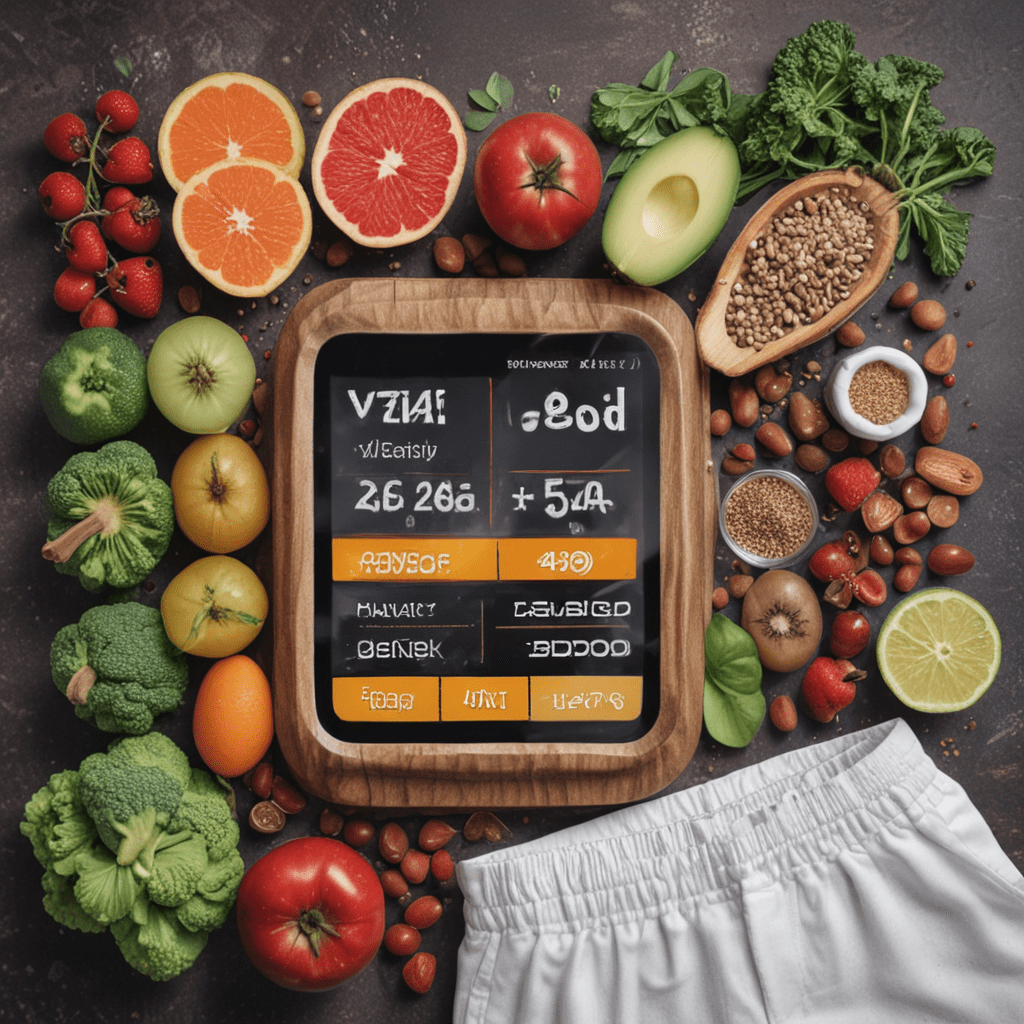
Introduction: Importance of Nutrition for Kids
A well-balanced diet is the foundation for a child's optimal growth, development, and overall well-being. Healthy eating habits established during childhood can have a lasting impact on a child's physical, cognitive, and emotional health. Providing children with a comprehensive understanding of nutrition empowers them to make informed choices that nourish their bodies and support their well-being.
Understanding the Food Pyramid and MyPlate
The Food Pyramid and MyPlate are visual representations of balanced nutrition recommendations. These tools help simplify the complex topic of nutrition, making it easier for kids to understand the different food groups and their recommended proportions. By using colorful graphics and interactive activities, these models illustrate the importance of consuming a variety of nutrient-rich foods from all food groups.
Essential Macronutrients: Carbohydrates, Proteins, and Fats
Macronutrients form the building blocks of a healthy diet and provide the body with energy, growth, and essential nutrients. Carbohydrates are the primary energy source for the body, while proteins are involved in building and repairing tissues. Fats play a crucial role in hormone production, cell function, and absorption of certain vitamins. Understanding the functions of these macronutrients helps children make educated choices about the foods they consume.
Micronutrients: Vitamins and Minerals
Micronutrients, including vitamins and minerals, are vital for numerous bodily functions, such as metabolism, immunity, and bone development. While they are required in smaller amounts than macronutrients, their presence in the diet is essential for overall health. By learning about the specific functions of different vitamins and minerals, children can develop an appreciation for the importance of consuming a variety of nutrient-dense foods.
Benefits of a Balanced Diet: Physical and Mental Health
A balanced diet supports a child's physical and mental well-being. Proper nutrition provides the energy and nutrients necessary for growth, healthy bones and muscles, and a robust immune system. It also supports brain development, cognitive function, and mood regulation. Explaining the link between nutrition and overall health motivates children to adopt healthy eating habits.
Interactive Games and Activities: Food Groups Bingo
Interactive games and activities, such as Food Groups Bingo, make learning about nutrition fun and engaging. These games help children identify different food groups, associate foods with their respective groups, and understand the importance of variety in their diets. By making nutrition education enjoyable, children are more likely to retain information and develop healthy eating habits.
Label Reading for Kids: Decoding Food Packaging
Learning to read food labels empowers children to make informed choices about the foods they eat. By deciphering ingredient lists, nutrition facts, and serving sizes, children gain valuable insights into the nutritional value of packaged foods. Understanding the information on food labels allows them to identify nutrient-rich options, limit unhealthy ingredients, and make healthier snacking choices.
Meal Planning: Creating Healthy and Fun Meals
Meal planning is a crucial aspect of healthy eating. By involving children in the meal planning process, parents and caregivers can foster their independence, encourage them to try new foods, and teach them about balanced meal composition. Interactive activities, such as creating colorful meal plans or designing their own healthy recipes, make meal planning fun and engaging for kids.
Food Preparation Demonstrations: Cooking with Kids
Practical cooking demonstrations allow children to witness the transformation of raw ingredients into delicious and nutritious meals. By participating in hands-on cooking activities, children learn about different cooking techniques, kitchen safety, and the importance of hygiene. Cooking with kids promotes healthy eating habits, encourages creativity, and fosters a positive relationship with food.
Q&A Session and Resources: Empowering Kids with Knowledge
A Q&A session at the end of the workshop provides children an opportunity to ask questions, clarify concepts, and seek additional information. This interactive element allows children to engage directly with the nutrition educator, addressing any lingering questions and empowering them with comprehensive knowledge. Additionally, providing resources such as handouts, websites, or apps can support children's continued learning and healthy eating practices beyond the workshop setting.


